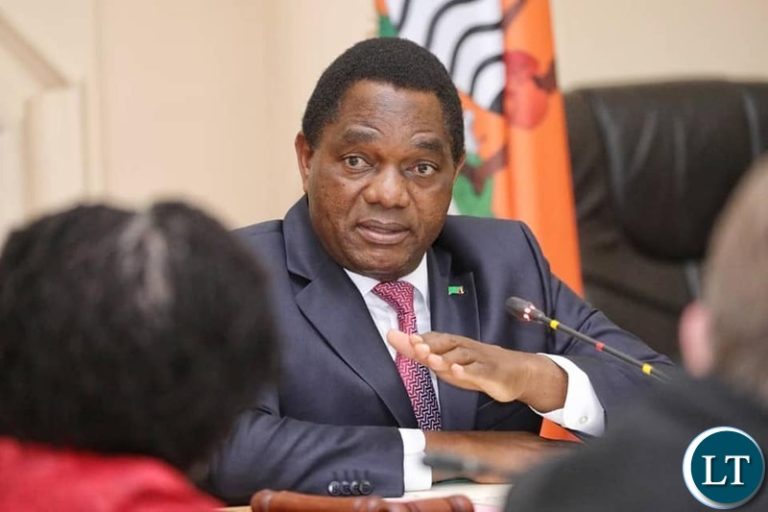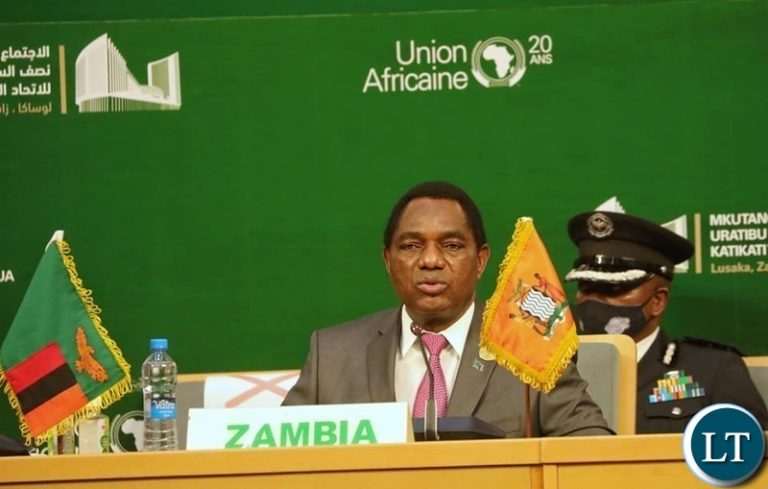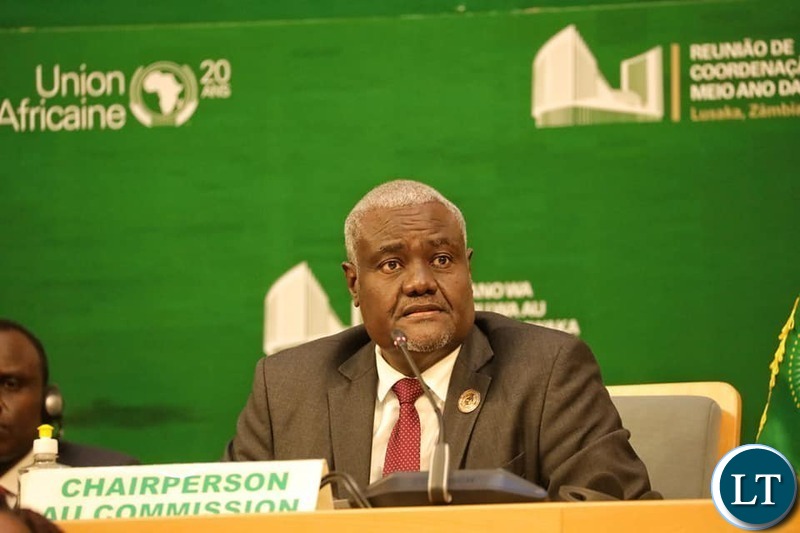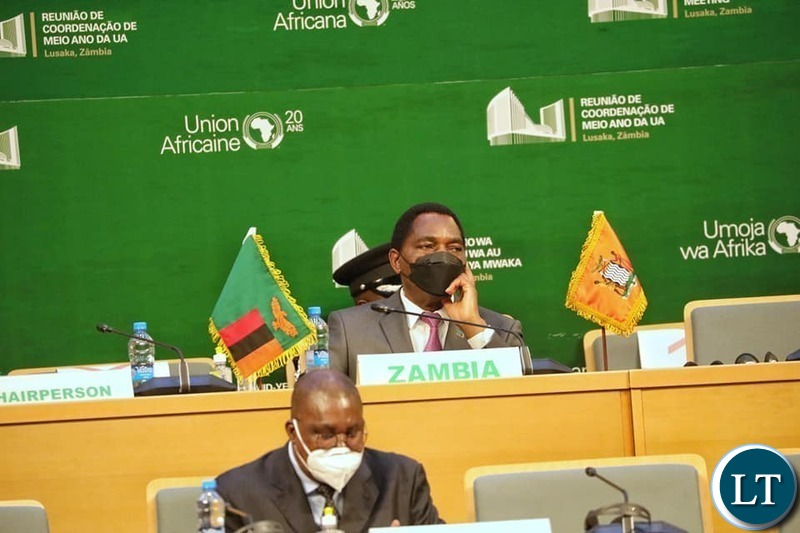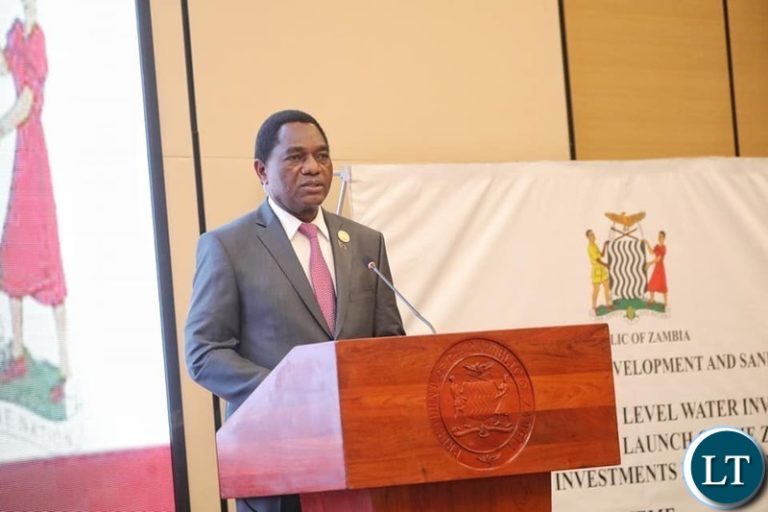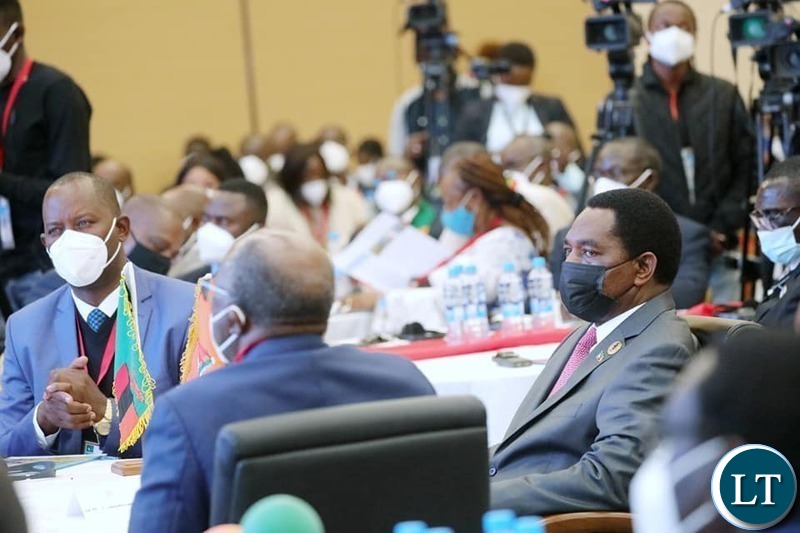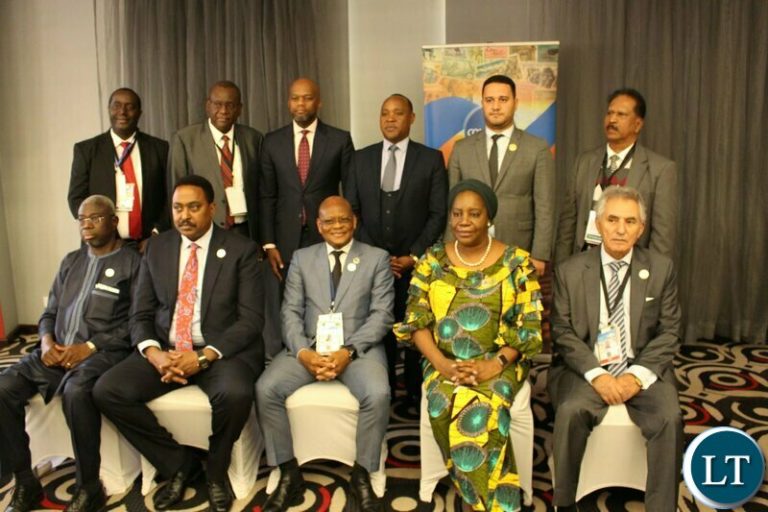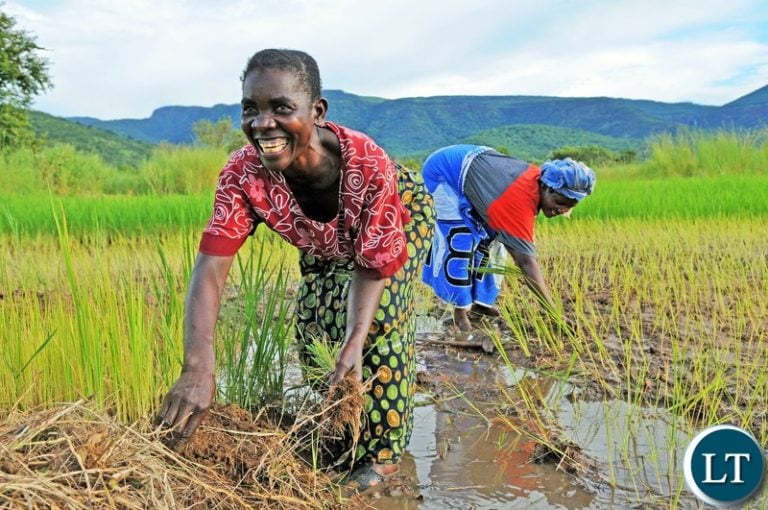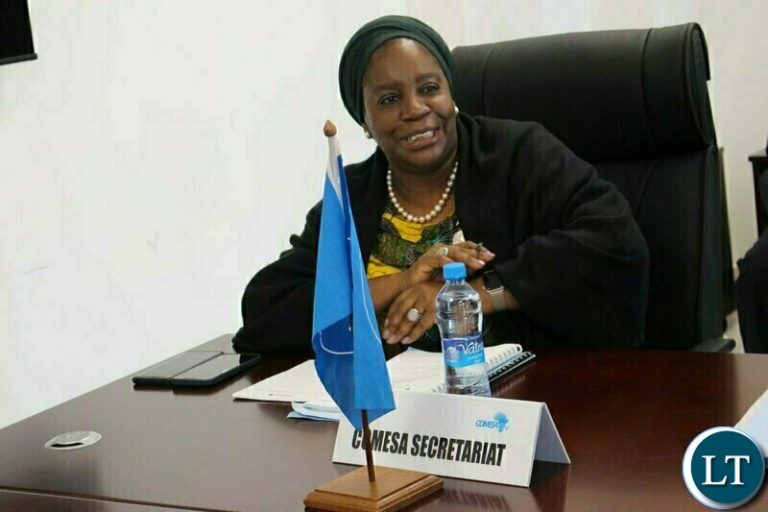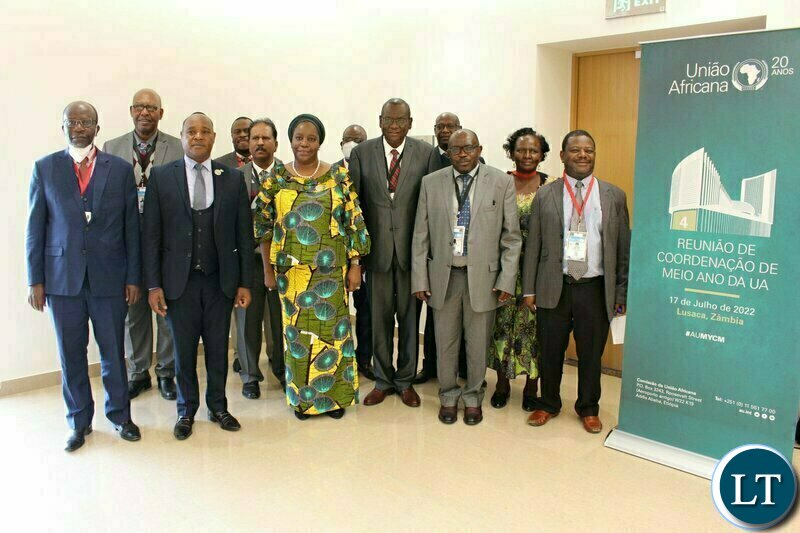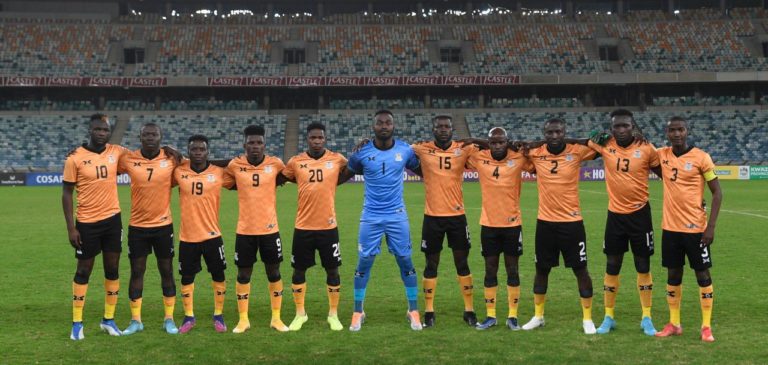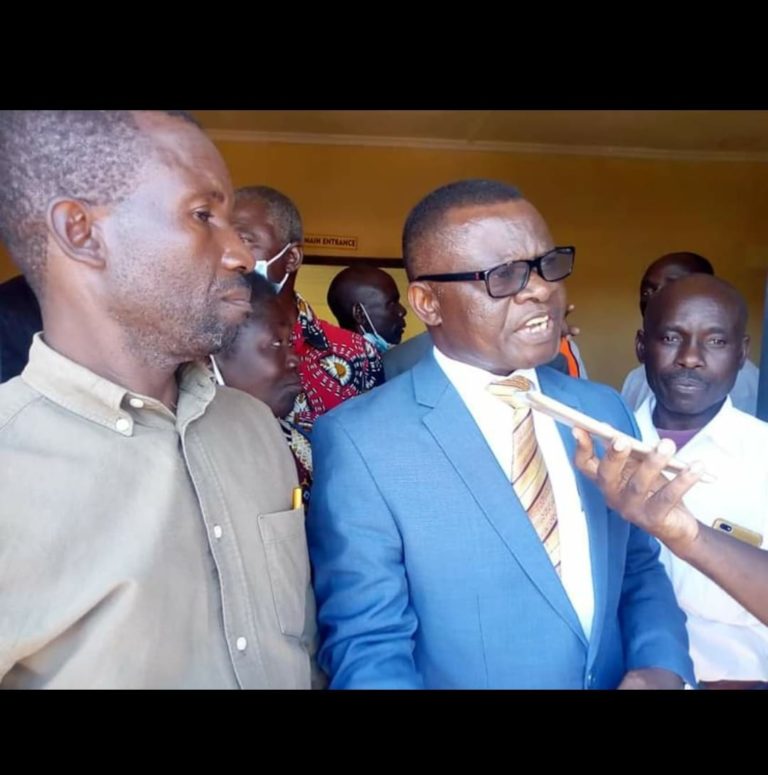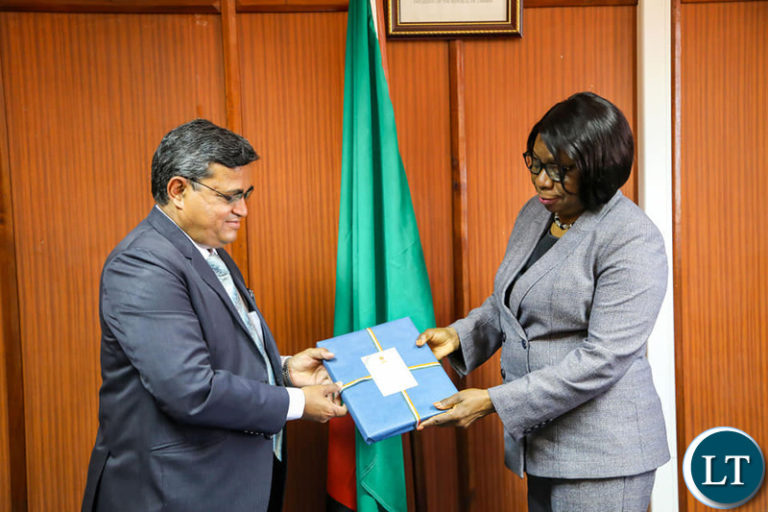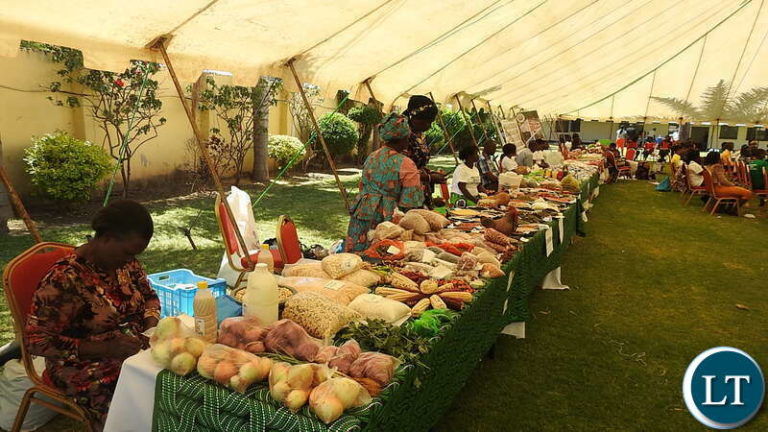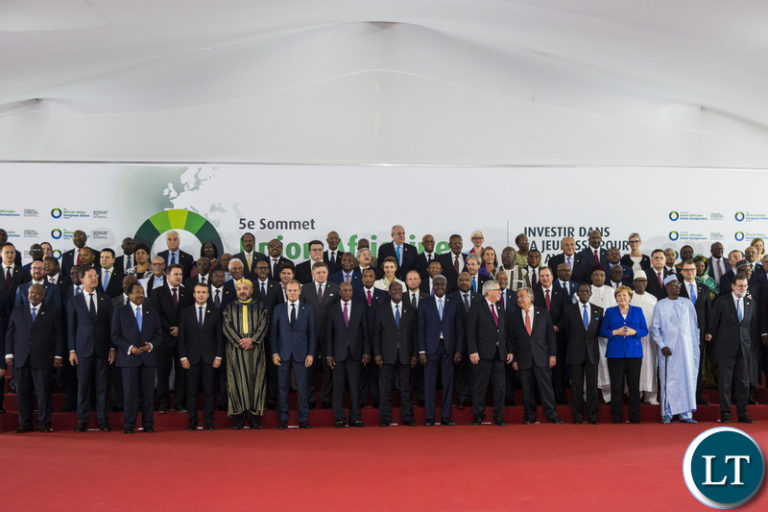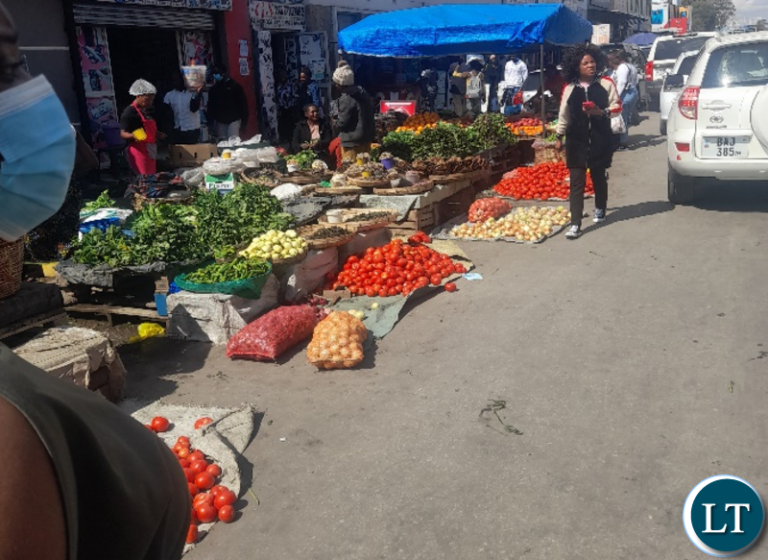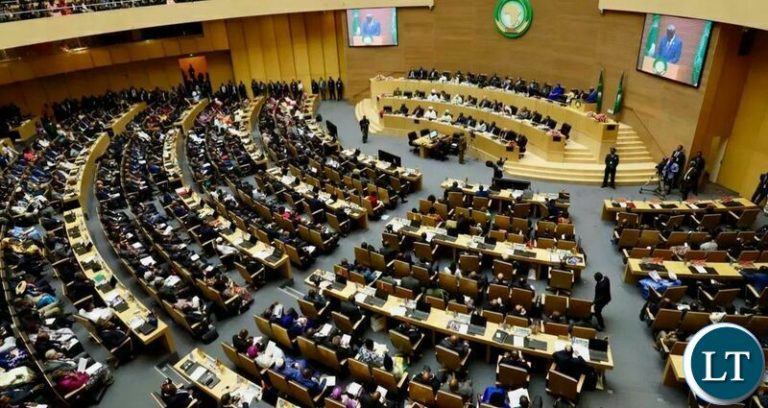By Prince Bill M. Kaping’a Political/Social Analyst
Love him or loathe him, this villager from Bweengwa who grew up herding cattle, one Hakainde Hichilema, the current President of the Republic of Zambia, is a strategist……..nay a genius!
Following the demise of Anderson Kambela Mazoka, the founding leader of the United Party for National Development (UPND) in 2006, a scintillating battle for the top slot would ensue albeit threatening to tear down the party. A hitherto little-known name in political circles but then a very successful businessman and cattle rancher would step out of the shadows to square it off with the acting party president Sakwiba Sikota alongside another prominent entrepreneur James Ndambo. Readers would still remember Ndambo for capturing the imagination of the public with his record-breaking philanthropy exploits in the nation, recently.
Speaking in an interview with Amos Malupenga, Managing Editor of the then influential The Post Newspaper prior to the intra-party elections, Hakainde declared, “The request came from all over – the party members and people from all walks of life, the business community and my fellow village people. By the way, I do a lot of community work. Over the last fifteen years, we have done schools, clinics, deep tanks and we assist a lot in the areas where we have farms. I pay school fees for children numbering fifty who are not mine.”
HH would subsequently fend off competition and claim sweet victory. However, this would not sit well with some senior party stalwarts and would result in the exodus of the likes of Bob Sichinga, Patrick Chisanga, Henry Mtonga and of course, the vanquished Sakwiba Sikota. That same year, HH would go on to challenge the ruling party-sponsored candidate Levy Mwanawasa and end up eating humble pie.
Just when many political pundits started preparing obituaries for UPND and HH; in a matter of time, he would demonstrate that he was a tough nut to crack! For the next 15 years, he would thus commence navigating the rough terrain of Zambian politics by dodging bullets and teargas, stomaching smear campaigns and slander, escaping from violent cadres though rickety roofs, and constantly enduring detentions, of course the harshest being solitary confinement for a prolonged period of time at the notorious Mukobeko Maximum Prison for the laughable charge of treason over a traffic offense! Under ordinary circumstances, many would have easily crumbled like a cookie and thrown in the towel, and yet HH remained resolute, even when he had to dig deep into his pockets and bankroll the party he loves, almost single-handedly.
How many politicians would have had the stamina to withstand the torture, calumny and bearing the financial responsibility of keeping a party intact for so many donkey years?
In the past, we have witnessed a plethora of individuals – the rich, decorated army generals, top class lawyers, fiery clergymen, successful farmers and even intellectuals attempting to form their own political parties. We shall cite a few examples:
Some of the country’s affluent individuals such as Enock Kavindele, Ben Mwila and Humphrey Mulemba once flirted with the idea of running their own parties. After failing to wrestle UNIP from the grips of Dr. Kenneth Kaunda at the Mulungushi Rock of Authority in 1991, Kavindele left in frustration to form his own United Democratic Party. It would put up a lackluster performance in the elections that followed, only managing to scoop a few council seats, particularly in North western province where he hails from. Before long, he would abandon his own party to join the promising MMD where ended up being rewarded with a senior portfolio as vice presidency.
And as the cracks began to appear in MMD barely after 2 years in office due to allegations of corruption, a group of MPs led by Humphrey Mulemba would resign from the party in protest and form the National Party. The new party would retain the 5 of the by-elections forced by their resignations from the MMD. Unfortunately, National Party would suffer a natural death after the death of Mulemba in 1998.
Meanwhile, as the drama continued to unravel in MMD, in the early 2000s, Ben Mwila who was said to be President Chiluba’s uncle would ditch the party after his colleagues criticized him for considering a presidential run. He would form the Zambia Republican Party and go on to put up one of the most expensive campaigns, trudging every corner of the nation, holding rallies and distributing party regalia.
After his resignation from MMD in 1993, respected lawyer, Dr. Roger Chongwe would come up with the Liberal Progress Front. Alas, this was a stillborn baby that would never see the light of the day! The same applies to Sakwiba Sikota’s pet project, the United Liberal Party which was only best known for churning out articles in The Post newspaper and hosting press briefings at the plush hotels in Lusaka. As for the Dr. Ludwig Sondashi-led Forum for Democratic Alternative which he formed in 2014, there’s nothing much to write home about. He would best be remembered for promising to roll-out his Sondashi 2000 formula for free once elected as president as if every potential voter was HIV positive!
Never to be left out, intellectual giants such as Bo Akashambatwa Mbikusita Lewanika would equally craft his own Agenda for Zambia along with his beloved sister Princess Inonge Mbikusita Lewanika. The party would end up claiming 2 parliamentary seats in Western Province in the 1996 elections. Another intellectual, Dr. Gwendoline Konie would follow suit in 2000 and quickly relocate back home from abroad to come and contest the elections under the banner of her brainchild, the Social Democratic Party.
Seemingly taking advantage of the respect that citizens have for farmers for the nshima they supply to our homes, commercial farmers Ben Kapita and Guy Scot saw an opportunity to try the Lima Party in 1996. However, it failed to attract the much anticipated support from the public.
Some of the country’s admired army generals such as Christon Tembo and Godfrey Miyanda equally tried their luck raiding our political landscape with their own political parties – Forum for Democracy and Development (FDD) and Heritage Party, respectively.
Perhaps taking advantage of Zambia as a Christian nation, in 1998, popular Televangelist Pastor Nevers Mumba would give birth to the National Citizens Coalition (NCC). If he thought the gullible public would immediately greet him with ‘ichimwela,’ he was a very disappointed individual. NCC even failed to produce a single MP!
Where are all these political parties today? They are either dead or only exist on paper.


